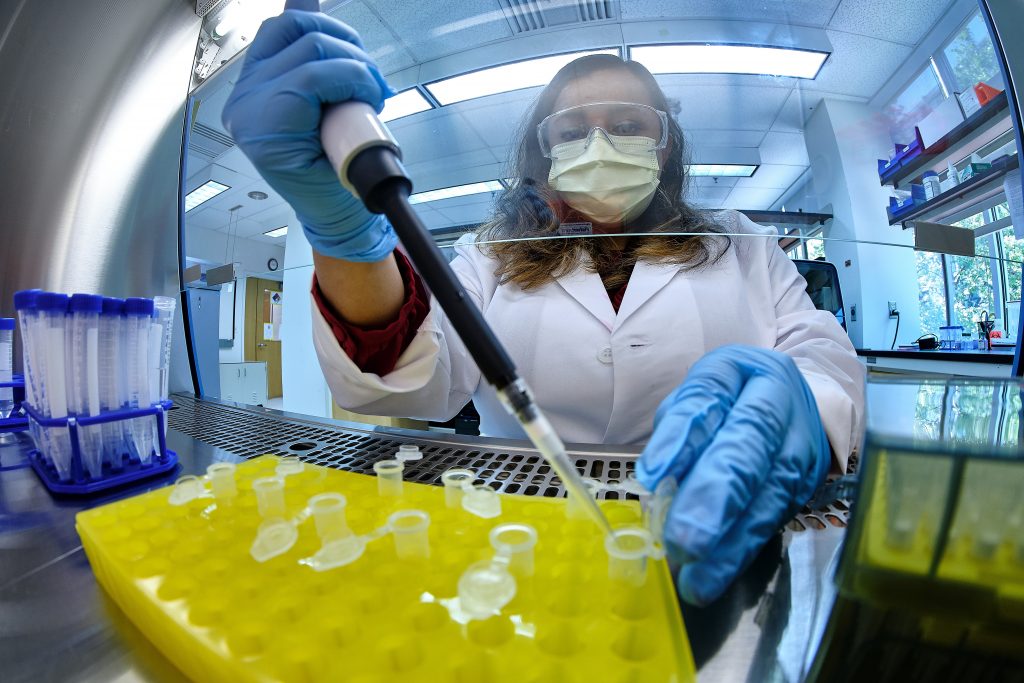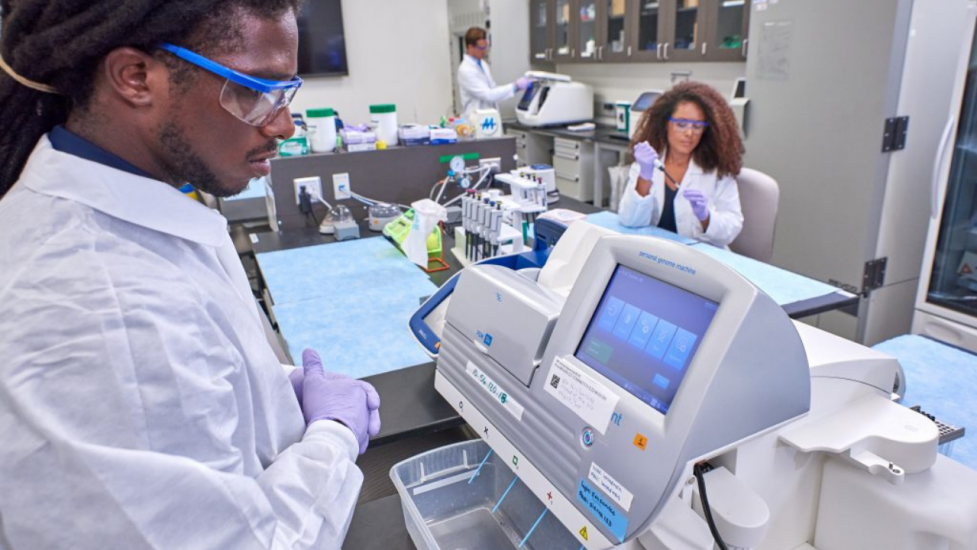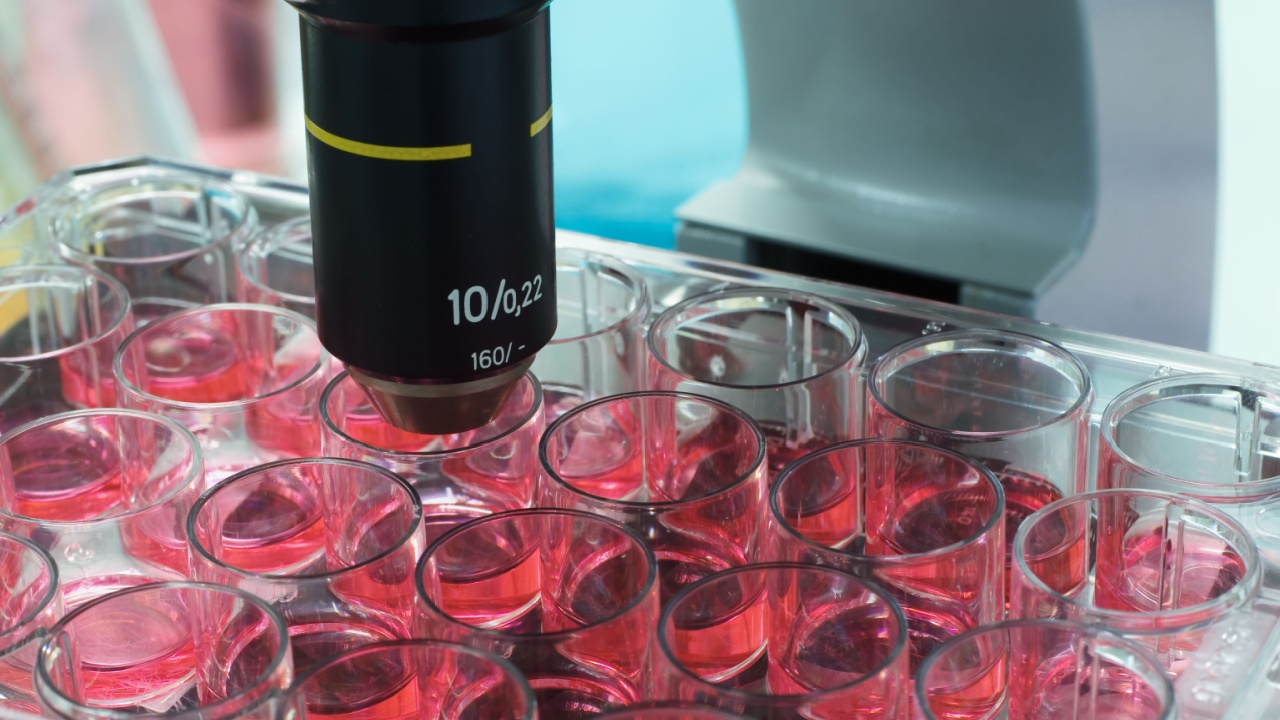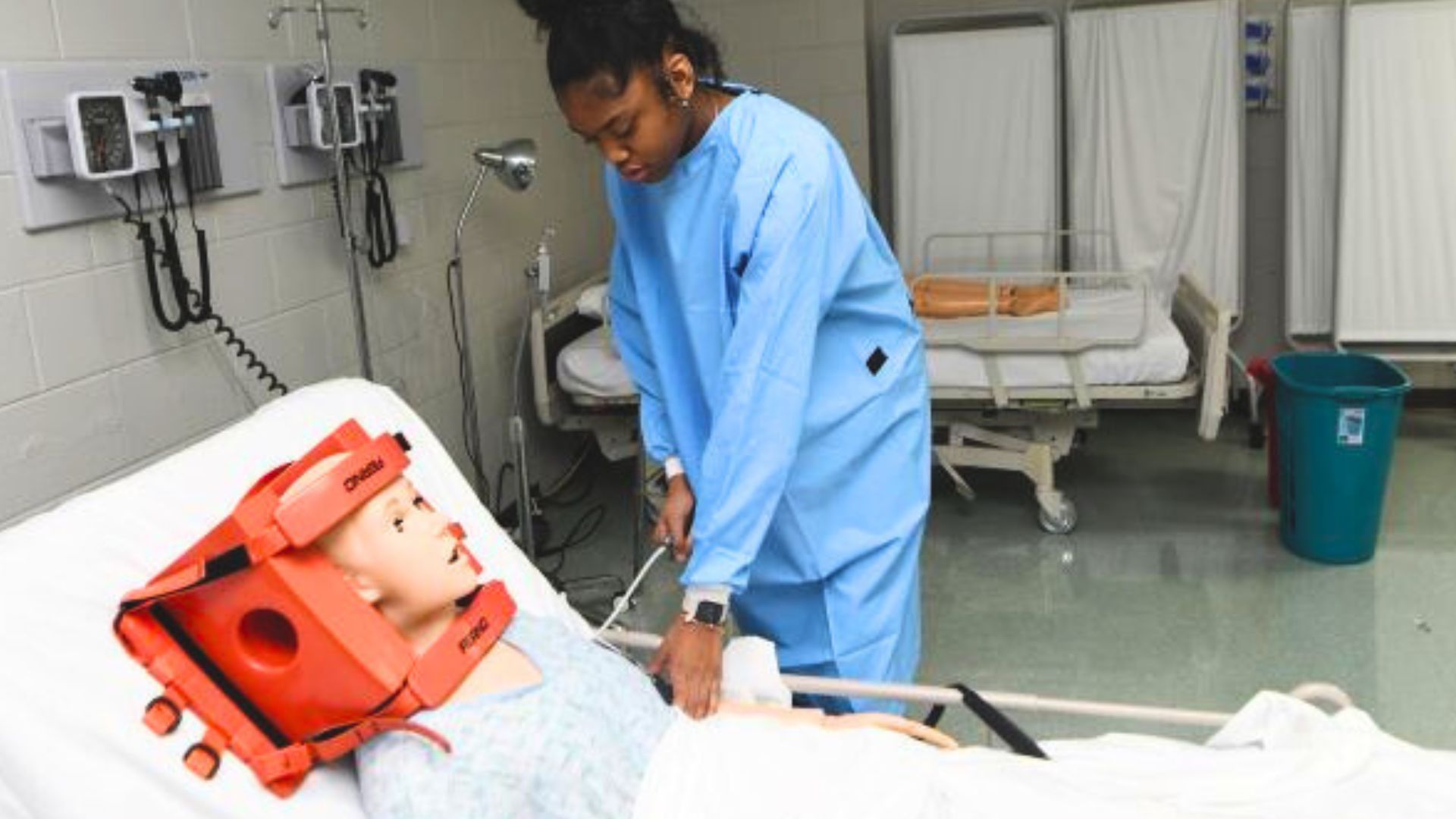North Carolina, once primarily known for its agriculture and textile industries, developed some years ago into a major science and biotech hub with the creation of the Research Triangle Park in 1959.
As the biotech industry continues to expand in the state, so has the need for a skilled workforce.
“As the biotech industry grew globally to a juggernaut—and nothing validates that more than the pandemic—we’re seeing the integration with agriculture, health, data science, and technology, all transforming everything. These are good jobs. Clean jobs,” according to Bill Bullock, senior vice president for economic development and statewide operations of the North Carolina Biotechnology Center (NCBiotech).

NCBiotech is working to help lessen the workforce gap while increasing opportunities for workers who might not have previously considered a biotech career.
Working with three area universities—University of North Carolina at Chapel Hill, Duke University, and North Carolina State University—NCBiotech was created to support the evolution of the industry in the state and globally. And now its mission is growing to meet the workforce demand.
“We’ve expanded our impact criteria from what was originally innovation and investment to now adding jobs, opportunities, and solutions,” explains Bullock.
Working with Community Colleges to Prepare for Industry Jobs
One of those solutions is the BioWork certificate program, a partnership with community colleges. The program targets nontraditional college student populations—including veterans and transitioning military, education levels from high school graduates to Ph.D.’s, employed and underemployed, or those seeking to pivot.
At Johnston Community College (JCC), the first community college in the state to offer the program, students log 136 hours over five months to be able to work as process operators in biological products manufacturing facilities.
“It is our goal to train tomorrow’s workforce in the biotechnology field,” says Roxanne Curry, career development specialist at JCC.
An important component to the BioWork program is career development and work placement. Close to 3,500 students have completed the JCC program. Considering all graduates since 2007, the employment rate is 82% with an average entry-level annual salary of $40,615.

Opportunity for High School Grads
NCBiotech piloted a career-related program Pharma K12 Workforce Development Initiative, targeting high school students about to graduate, but without plans for college or a job.
After leaving high school, students learn theory and manufacturing techniques during 20 hours of coursework over three days at Pitt Community College, training them for entry-level production jobs. Thermo Fisher Scientific was one of the initiative’s first partners. Nine Pharma K12 participants are now employed there.
“Nine students are not necessarily moving the needle when you need to hire 500, but if one of those kids who graduated didn’t know what they wanted to do and three months later, they have a career, we’re trying to replicate that,” Bullock says. “We’re impacting communities who wouldn’t necessarily see biotech as a career path.”
A collaboration with historically black colleges and universities (HBCUs) is on the horizon. Bullock says talks are just beginning, and NCBiotech hopes to work in concert with life science companies and schools to expand connections and a talent pool for biotech jobs.











